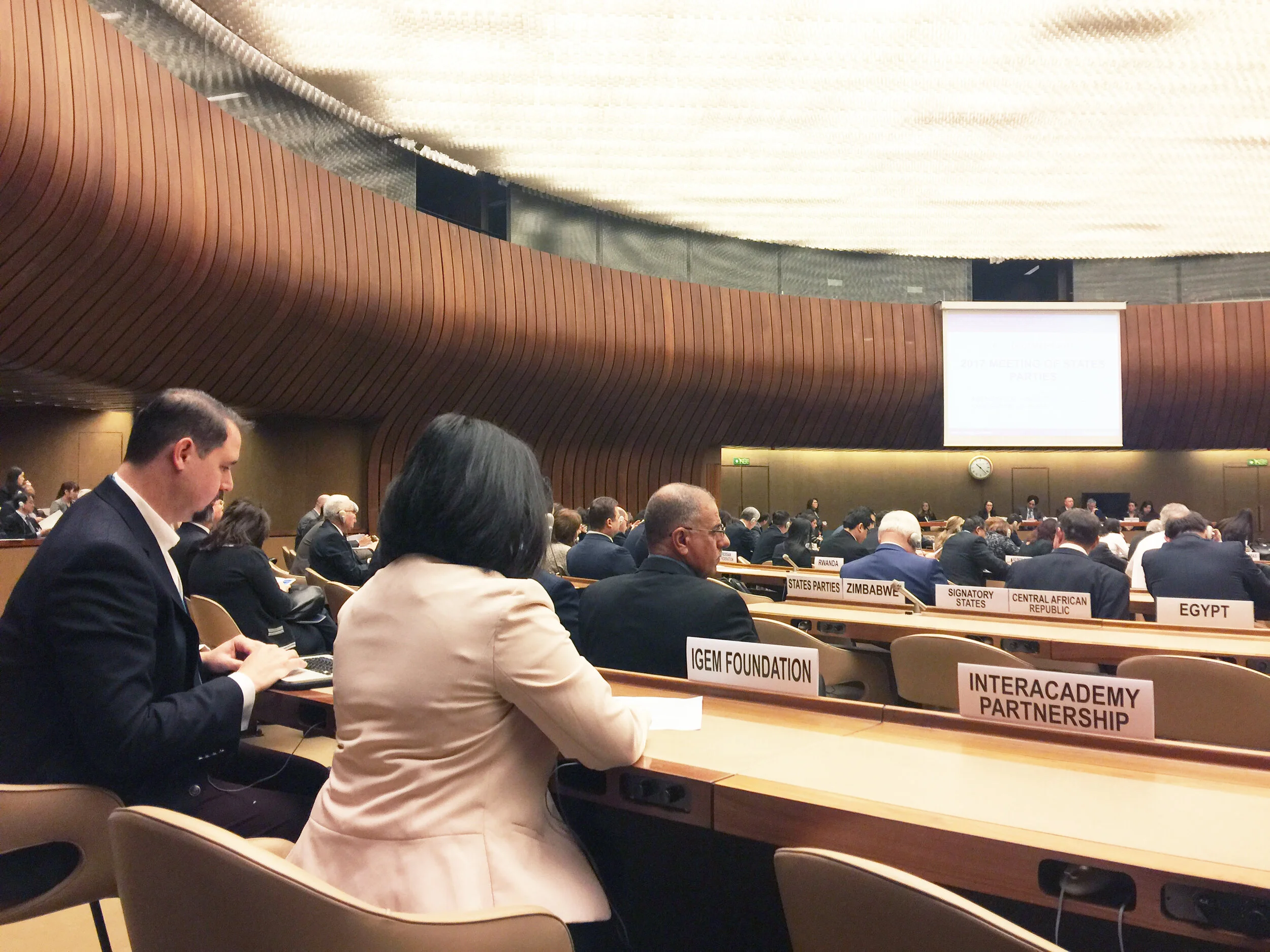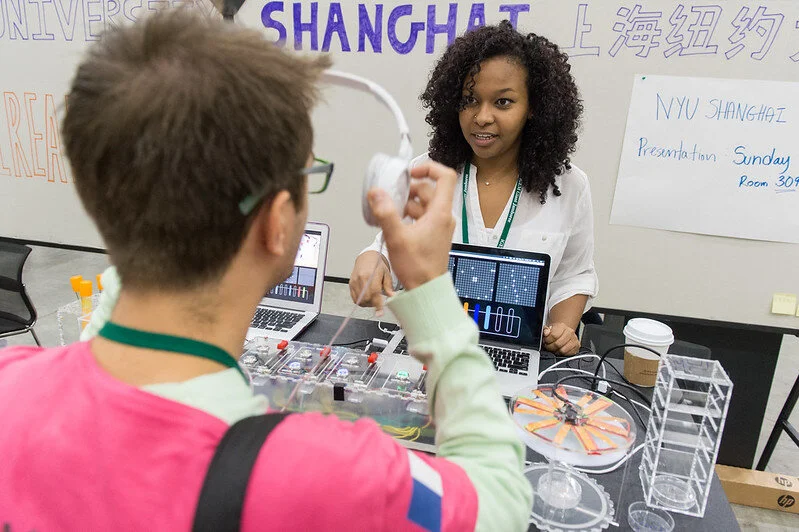COVID-19 Projects in iGEM
As iGEMers, you are using the power of synthetic biology to solve local problems everywhere in the world. You are working on some of the biggest challenges impacting our world today. You are figuring out how your work affects the world and how the world affects your work. And you are part of a community that spans the globe and has produced over 2,500 possible biological solutions to global challenges over the last 16 years.
Now we are facing a global challenge – the COVID-19 pandemic – that is causing uniquely local problems everywhere in the world. This challenge will require inspiring solutions, yet already many of you must work beyond the lab in creating those solutions.
We know that many teams this year will want to work on COVID-19, and we believe you have much to contribute. In this exceptional year, we want you to be able to do the most important science and engineering possible … AND … we want to make sure you can do that safely and securely.
It’s important to remember that the COVID-19 pandemic is a very serious topic – a disease caused by a dangerous pathogen – and therefore your work may trigger strong fears or hopes in people’s minds. To help you navigate these challenges and to keep you, your colleagues, families, and communities safe, we have updated iGEM’s rules and policies for projects focused on COVID-19 which are summarized here:
The Safety Hub is full of resources for teams to work on their projects responsibly
No Dangerous Pathogens
In the competition, iGEM teams are not allowed to use the most dangerous pathogens. For this year, in addition to all risk group 3 and 4 pathogens, no iGEM team should be working with the SARS-CoV-2 virus (the one responsible for COVID-19). This ban includes viral isolates and all human, animal or environmental samples likely to contain the virus, and is outlined more fully on iGEM’s White List.
Viral fragments may be used with permission
iGEM teams may be allowed to use parts or fragments of SARS-CoV-2 virus, but these fragments cannot come from a live virus, and you MUST obtain permission BEFORE you can use them. For permission you must submit a Check-in Form to the Safety & Security Committee, who will then review the request and contact you. Note: We have already received and approved teams to work with small fragments of this virus.
Check-in required for COVID-19 projects
Even if you are not planning to use fragments of the virus, any project focusing on creating or improving medical countermeasures for COVID-19 must be reviewed by the Safety and Security Committee. Before you start work, you will need to submit a Check-in Form to the Safety & Security Committee, who will then review the request and contact you.
Please be mindful that a COVID-19 project will likely get strong reactions from people (friends and judges alike!). Be honest and modest when talking about your project and its likelihood of being used. Recognize that many people are eager for hope and will want you to promise things. However, an iGEM team is not equipped to scale a one-year project into a regional or national solution.
This public health crisis poses special challenges for iGEM teams, even those teams that choose to work on projects not related to COVID-19. All teams will need to think carefully about any in-person interactions with people that might be affected by their projects, which are integral to your work on human practices. To learn more about conducting iGEM projects in the context of COVID-19, check out iGEM’s Human Practices Hub and the guidance on social distancing and responsible interactions.
We also have other tools to help you work safely and securely during the competition. On iGEM’s Safety and Security Hub you will find:
1. More information to help you work safely and securely
2. Full details of iGEM’s rules and policies
3. Tools and resources to support you, as well as
4. All of the safety forms you will need to use to tell us about your project
Members of the Safety Committee at the 2019 Giant Jamboree
And finally, if you have any questions or thoughts about safety and security, we want to hear from you. iGEM has a dedicated Safety and Security Committee who are experts in biosafety, biosecurity, and risk assessment, and are here to help support your efforts. You should make use of us by sending any questions or suggestions to the committee at safety@igem.org.










